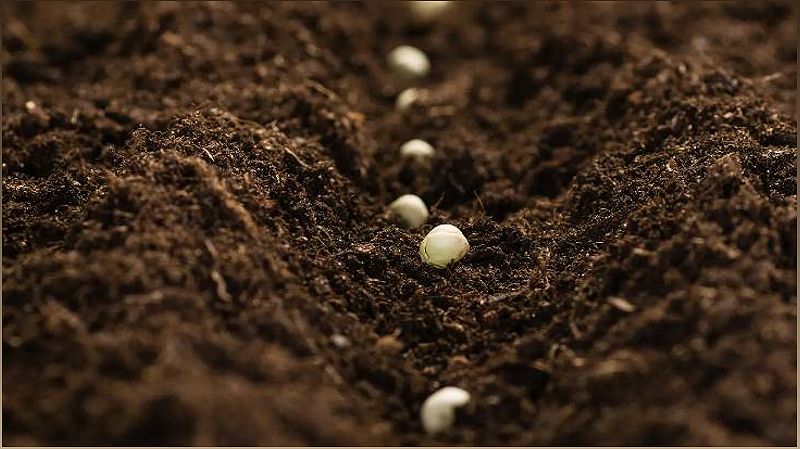KitoZyme’s innovative product, KitoGreen, has been granted approval by the European Commission for use in organic farming. This vegan and eco-friendly solution offers effective plant disease prevention and aligns with sustainable farming practices.
- KitoGreen: Revolutionizing Organic Farming with Sustainable Solutions
- The Approval: A Positive Achievement for KitoZyme's Sustainable Agriculture Approach
- The Efficacy of KitoGreen: Preventing Plant Diseases and Enhancing Crop Health
- Expanding the Reach: Making KitoGreen Available to Organic Farmers Across Europe
- KitoZyme: Pioneering Sustainable and Organic Farming Practices
KitoGreen: Revolutionizing Organic Farming with Sustainable Solutions
KitoZyme’s innovative product, KitoGreen, has received approval from the European Commission for use in organic farming. With a commitment to sustainability and a focus on organic agriculture, KitoZyme has achieved a significant milestone in promoting sustainable farming practices.

( Credit to: Agribusinessglobal )
KitoGreen, derived from Aspergillus niger, is a vegan and eco-friendly solution that has gained recognition for its non-animal origin, non-GMO, and eco-friendly properties. It has already been acknowledged as a Basic Substance for Plant Protection since 2022.
The recent amendment by the European Commission to include fungal chitosan in organic farming further solidifies KitoGreen’s position as a valuable tool for EU farmers. With its eliciting properties, KitoGreen offers an effective solution for plant diseases, perfectly aligned with the principles of organic farming.
The Approval: A Positive Achievement for KitoZyme’s Sustainable Agriculture Approach
François Blondel, CEO of KitoZyme, expressed his satisfaction with the approval, stating, “Receiving confirmation from the European Commission on KitoGreen’s approval is a positive achievement for our team at KitoZyme. It reinforces the value of our fungal chitosan as a plant-based alternative in organic agriculture, and it’s a clear signal that our approach to sustainable agriculture is on the right track.”
The Efficacy of KitoGreen: Preventing Plant Diseases and Enhancing Crop Health
KitoZyme has already demonstrated the efficacy of KitoGreen in preventing fungal and bacterial diseases on various crops, including vegetables, grapes, berries, and sports turfs. Through extensive research and testing, KitoZyme has proven the effectiveness of their product in maintaining crop health and reducing the reliance on chemical pesticides.
Guillaume Deleixhe, Business Development Manager at KitoZyme, explains, “KitoZyme is constantly advancing the science of KitoGreen, both independently and in collaboration with our partners. We are pleased with the positive results we have seen from foliar applications, seed treatments, and post-harvest usages.”
Expanding the Reach: Making KitoGreen Available to Organic Farmers Across Europe
With the approval from the European Commission, KitoZyme is now preparing to make KitoGreen available to organic farmers across all 27 European countries. This expansion will provide farmers with a sustainable and effective solution to combat plant diseases and promote healthy crop growth.
KitoZyme is also actively seeking partnerships to further expand the reach and impact of KitoGreen. By collaborating with like-minded organizations, they aim to create a stronger network of support for organic farming practices and contribute to a more sustainable agricultural industry.
KitoZyme: Pioneering Sustainable and Organic Farming Practices
KitoZyme, founded in 2000, is a pioneer in vegan, fungal chitosan manufacturing. Based in Herstal, Belgium, the company aims to offer safer and healthier alternative ingredients in various sectors, including agriculture, winemaking, and health and cosmetics.
By extracting vegetal biopolymers, KitoZyme aims to replace petrochemicals, animal-derived, and toxic ingredients with sustainable alternatives. This latest approval from the European Commission is a significant step forward in KitoZyme’s mission to promote sustainable and organic farming practices.
